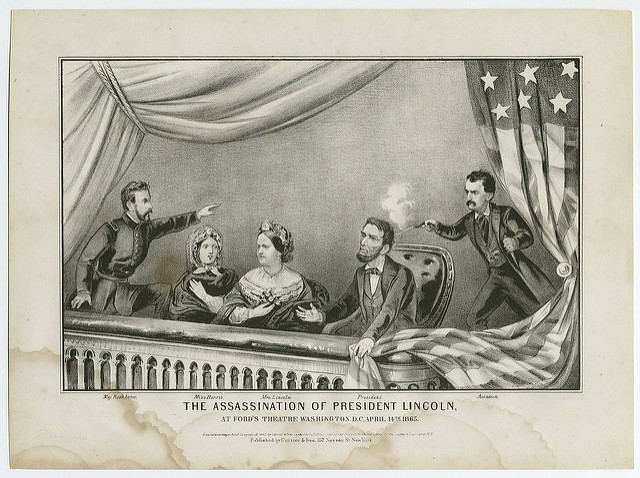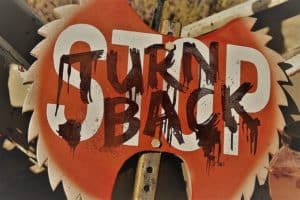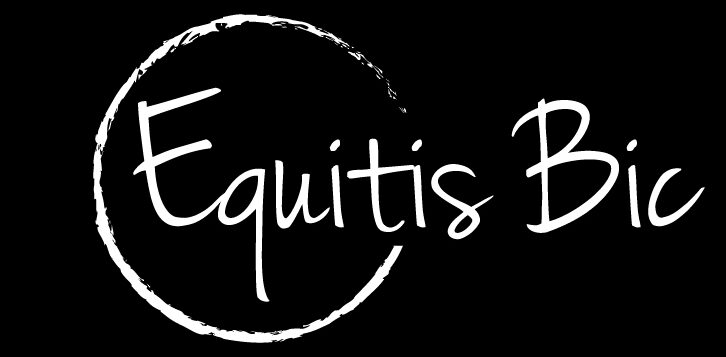Presentient Warning Dreams


Dreams That Predict Death
“About ten days ago, I retired very late. I had been up waiting for important dispatches from the front. I could not have been long in bed when I fell into a slumber, for I was weary. I soon began to dream. There seemed to be a death-like stillness about me. Then I heard subdued sobs, as if a number of people were weeping. I thought I left my bed and wandered downstairs. There the silence was broken by the same pitiful sobbing, but the mourners were invisible. I went from room to room; no living person was in sight, but the same mournful sounds of distress met me as I passed along. I saw light in all the rooms; every object was familiar to me; but where were all the people who were grieving as if their hearts would break? I was puzzled and alarmed. What could be the meaning of all this? Determined to find the cause of a state of things so mysterious and so shocking, I kept on until I arrived at the East Room, which I entered. There I met with a sickening surprise. Before me was a catafalque, on which rested a corpse wrapped in funeral vestments. Around it were stationed soldiers who were acting as guards; and there was a throng of people, gazing mournfully upon the corpse, whose face was covered, others weeping pitifully. ‘Who is dead in the White House?’ I demanded of one of the soldiers, ‘The President,’ was his answer; ‘he was killed by an assassin.’ Then came a loud burst of grief from the crowd, which woke me from my dream. I slept no more that night; and although it was only a dream, I have been strangely annoyed by it ever since.”
This is an account of President Abraham Lincoln’s death dream as heard by Ward Hill Lamon at a dinner where Lincoln shared his dream with a few close family and friends. He had the dream some ten days before he spoke it out at the dinner and it, obviously greatly distressed him.
This is by far the most well known presentient dream. (Presentient is defined as foreboding that something disastrous is going to happen; anticipation of imminent evil.) Those that I’ve talked to throughout my life about this event mostly say something like “Isn’t it amazing that Abraham Lincoln had a dream about his own assassination before it happened?” I’ve said much the same thing the greater part of my life, and it wasn’t until recently that I considered this historical event from a different perspective.
I propose that this was a warning dream to President Lincoln and if he would have considered it as such, it could have saved his life. How do we know that he didn’t consider it a warning? Two reasons; at the end of the account he told at dinner he said “I slept no more that night, although it was only a dream, I had been strangely annoyed by it ever since.”
The first reason is that he considered it “only a dream”. Everyone has said that phrase in their lives at least once because we’ve all been convinced that dreams don’t mean much of anything. The second reason is that Lincoln admits that he’d been “strangely annoyed” by the dream yet he didn’t act on that annoyance. He’d had the dream some ten days before he shared it at dinner and it obviously made a deep impression on him if it was still on his mind. Tragically, his dream of being assassinated would come true a few days later.
Although the dream doesn’t say anything about John Wilks Booth or the Ford’s Theater or the play the president went to see that night called “Our American Cousin”, it greatly disturbed him because, as we well know, it was going to happen. President Lincoln didn’t act on his dream and he died. It’s hard to say exactly what could have been done to save his life, but Ward Hill Lamon, the man who wrote down the account of the dream he heard over dinner that night did accompany the president as a bodyguard at times. It was obvious that he did not think it was more than just a dream either.
As I was musing over this i couldn’t help but wonder how many people around the world might have had a dream last night that warned them about some kind of impeding danger, but they will ignore it because they think it was just a dream
EB
SOURCE: p. 116-117 of Recollections of Abraham Lincoln 1847-1865 by Ward Hill Lamon (Lincoln, University of Nebraska Press, 1994).
Photo credit: Cornell University Library via Foter.com / No known copyright restrictions
